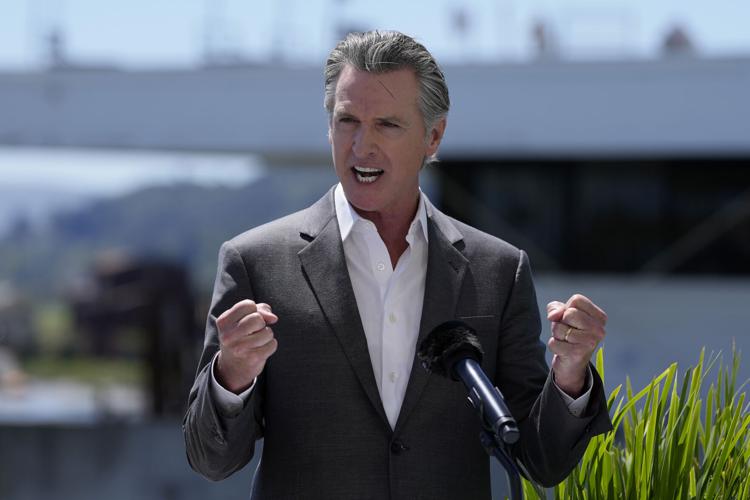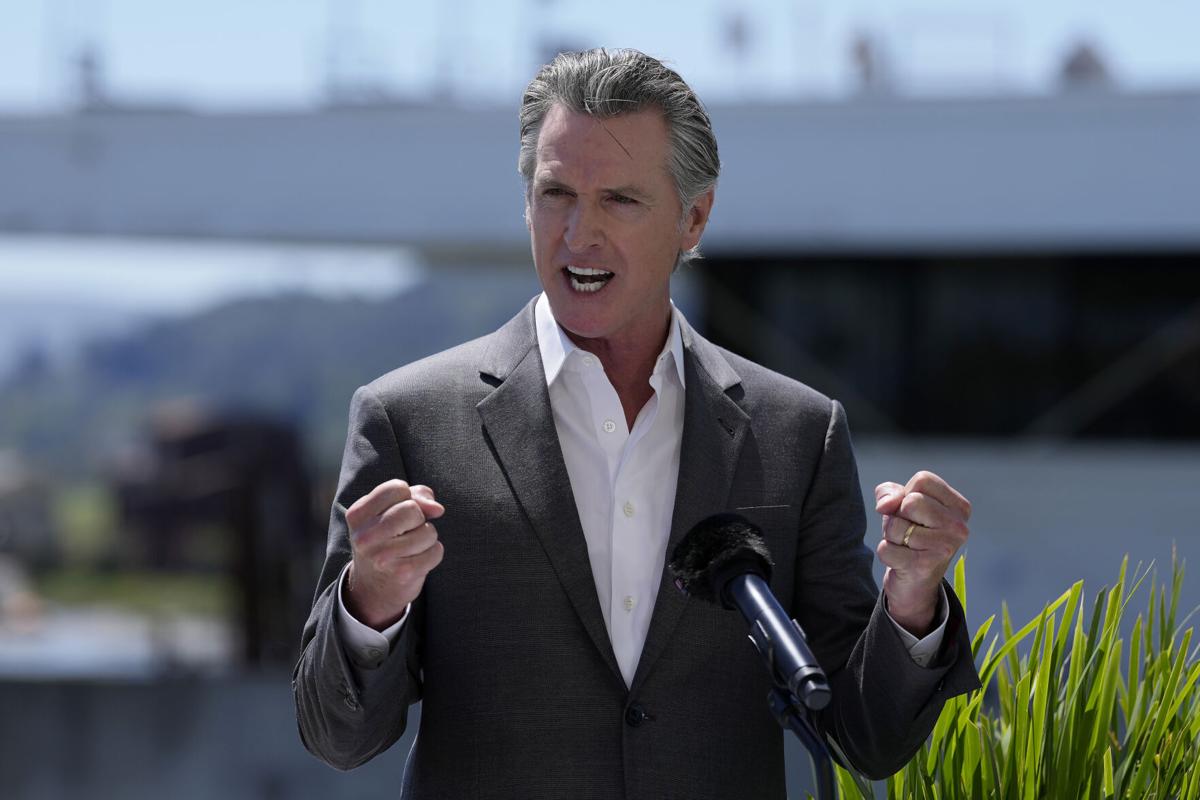California is preparing emergency legislation to allow abortion providers from Arizona to practice there if and when the procedure once again becomes illegal here.
And the medical director of Planned Parenthood Arizona said Monday it may come to that. In fact, Dr. Jill Gibson said she and some of her staffers already became licensed in California after a 2022 ruling by a trial judge in Arizona that temporarily brought abortions to a halt.
But Gibson told Capitol Media Services she’s not sure if that’s really a practical solution while waiting to see whether Arizona lawmakers protect rights to the procedure — at least until the 15th week of pregnancy — or Arizona voters approve a measure putting a right to abortion in the state constitution.

Dr. Jill Gibson, medical director of Planned Parenthood Arizona
“I also am a mom of three young daughters,’’ she said. “And I have commitments in my community. It’s a difficult thing to ask providers to have to leave the state to provide essential health care.’’
The cross-border idea gained steam this weekend with comments by California Gov. Gavin Newsom. Speaking with Jen Psaki on MSNBC, the Democratic governor said he is working with lawmakers there to introduce a measure to ensure medical practitioners who are licensed to perform the procedure in Arizona can continue to do so in California, if Arizona’s 1864 law is once again allowed to be enforced.
That law prohibits abortion except to save the life of the mother. Medical providers convicted of violating it could be sentenced to up to five years in state prison.
“I’m so focused on Arizona and providing doctors from Arizona the ability to come into California through emergency legislation,’’ Newsom said. “We’ll introduce with our Women’s Caucus this week ... to address the crisis at hand.”
Newsom said he was working under the assumption that the Arizona Supreme Court decision allowing enforcement of the territorial-era law would take effect on May 1.
That appears to not be the case. Arizona Attorney General Kris Mayes said she believes the earliest the territorial-era law could be enforced again is June 8.
But that still doesn’t provide much time for California lawmakers to write and enact a contingency plan that does not yet exist. “We will have more details in the coming days,’’ said Newsom spokesman Brandon Richards.
For the moment, Planned Parenthood’s Gibson is taking a wait-and-see approach.
“It’s painful that we’re even having to consider not just taking our patients but our providers out of state to provide a simple and effective method of a medical procedure,’’ she said.
“I think there is a sense of solidarity that we feel when we see the public officials bringing attention to this issue,’’ she added.
Still, Gibson said, doctors and women in Arizona need to recognize reality.
“Arizona is very likely going to have a period in which we’re not allowed to provide abortions,’’ she said.
That’s what happened in late 2022 after the U.S. Supreme Court overturned the 1973 ruling in Roe v. Wade that women had a constitutional right of abortion.
Pima County Superior Court Judge Kellie Johnson ruled that meant each state got to enforce its own laws. The judge noted that Arizona never repealed its law dating back to territorial days even though it was unenforceable under Roe.
The Arizona Court of Appeals interceded, declaring a 2022 law allowing abortions until the 15th week of pregnancy took precedence. But the state Supreme Court, in a 4-2 ruling earlier this month, sided with Johnson.
That sent lawmakers who support abortion rights hurrying to repeal the old law, an act that would leave just the 15-week measure on the books. But their efforts have so far been stymied by House Speaker Ben Toma using his power to preclude bringing a measure to the full House for a vote. Toma, a Peoria Republican, says life begins at conception.
Supporters of the 15-week law continue to insist there eventually will be the votes lined up to repeal the older law. But there appears to be no way that can come ahead of the June 8 deadline, triggering Gibson’s conclusion that abortions in Arizona will have to cease.
The idea of working across state lines, she said, is not new, and started with Johnson’s original ruling.
“We have real strong partnerships that we’ve formed with other affiliates in neighboring states,’’ including California and Colorado, Gibson said.
For now, Gibson said, the focus of Planned Parenthood providers is providing care for the patients already in front of them “for however long we can.’’
“And if we are in a position where we are in a blackout and not able to provide abortion in the state, then, yes, we will change our operational plan and figure out what we need to do,’’ she said.
Gibson said the issue goes beyond patient care.
“We need to keep our skills up,’’ she said. Having abortions available in Arizona would ensure there is an opportunity to train the next generation of attending physicians and medical residents who may find themselves needing to provide such care in the future, she said.
See what the top sports stories are for UA and Tucson.






